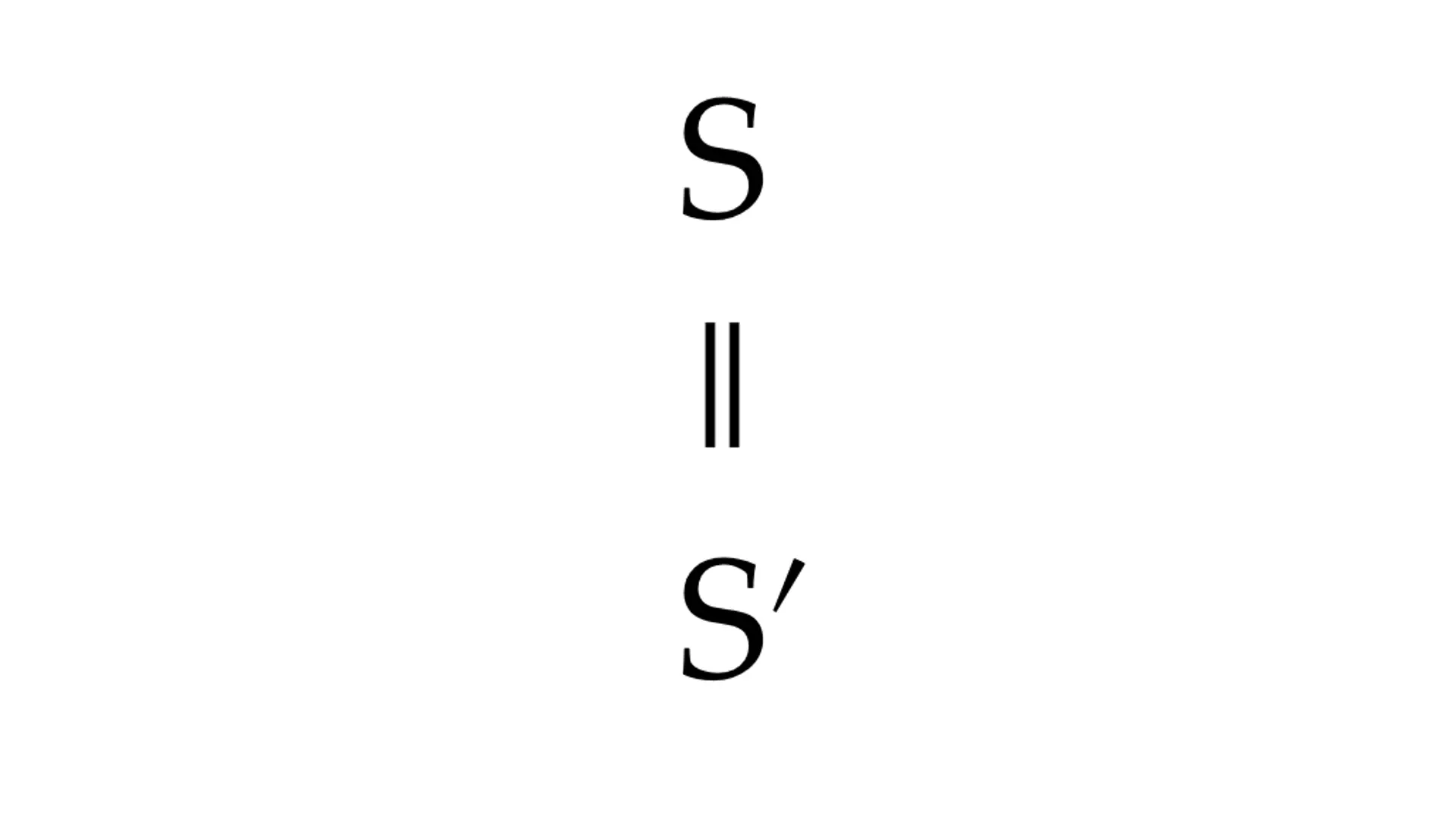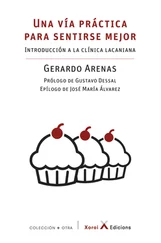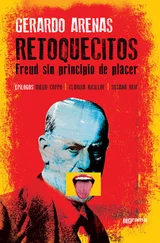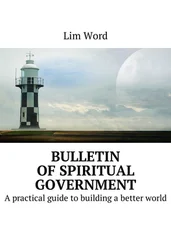To grasp the difference even better, the first thing to be understood is that interpreting is not understanding. In its usual sense, to interpret something is to understand it, but to interpret a dream is not to understand it. Freud noted that the content of dreams is the result of the transfer of certain thoughts to “another mode of expression,” not to another language—as if those thoughts had been moved to a stage where other modes of action were in style, a translation in the sense of movement , a shift from one place to another, and nothing guarantees that moving something makes it understandable, just as moving my pen doesn’t allow me to understand it. But this, which from a certain point of view may seem unfavorable, turns out to be a great advantage. Freud and Lacan didn’t strongly recommend not-understanding in vain. Why? Because analysis seeks that which makes each one of us unique, and that singularity is lost through understanding. Indeed, what is it to understand what someone tells us? It is to give their words the meaning that we would have given them if we ourselves had uttered them. Therefore, when I understand someone, I identify that person with me, and what is different about them, something radically unique, their irremediable otherness, is lost. Robert Frost is famous for presumably saying “Poetry is what gets lost in translation,” and we can paraphrase him by saying that singularity is what gets lost in comprehension .
Evidently, when we eliminate the need for understanding from the idea of interpretation, the act of interpreting distances itself from the notion of translation—even more than it already had when we said that such an act does not have a hermeneutical aim but instead seeks to cause an impact on the body. So why keep talking about interpretation? Balzac spoke ironically about someone called Jeannot who boasted that his knife lasted a long time because he had already changed the blade and the handle several times, and Lichtenberg joked about another knife from which the blade and the handle were removed. So, will interpretation become a knife belonging to that same strange family of cutting implements, if we now say that it points to the body and not to understanding? Wouldn’t it be better to invent a new concept, typical of the analytical operation, and set aside the term interpretation , so old and so loaded with history and so far from the meaning we give it today in psychoanalysis?
Lacan proposed doing just that more than half a century ago, when he dedicated an entire year of his seminar to define the psychoanalytic act. He did it during his 15 thseminar, which ended in the midst of the noise caused by the events of May 1968. But while many of us have adopted his proposal and, to some extent, tend to talk about the psychoanalytic act in a way that includes and exceeds what Freud and most analysts understand by the word interpretation , we still use this term, despite having largely changed and extended its meaning—so much so that, instead of entitling this seminar The Structure of the Analytic Acts , I chose the title, Structure of Interpretations .
Something similar occurs with the term surgery , whose Greek root χειρουργία ( kheirourgía ) defines that activity as an activity done by hand. At present there are medical procedures that when that term was coined were unthinkable―such as, for example, the gamma knife (again with the knives!) used for the treatment of certain brain tumors―and although these medical procedures are operations carried out using complex devices commanded by computer using no hand, they are nevertheless considered surgical interventions. Perhaps later I will pick up the comparison between analyst and surgeon introduced by Freud and used by Lacan as well. For the moment, I will persevere in misusing the bad term interpretation .
What I have told you may seem vague and general, but it makes no sense that I go on with detailed theoretical and clinical questions and tell you the latest developments about the ways of interpreting in psychoanalysis, if I do not first trace the line that separates what is an interpretation (in the analytical sense of the term) from what is not as accurately as possible. On the other hand, I have prepared this seminar in the same way most seminars in the Freudian Field are structured worldwide. Just as hadron accelerators take subatomic particles that are almost at rest and quickly push them at speeds close to that of light―some of my metaphors still betray my experience in nuclear physics―Freudian Field seminars are usually self-contained, they do not presuppose previous training, and in a short time push the attendees to the current state of the art in the issue at hand.
Well, what have we seen so far? We have not taken anything for granted. We started by discussing the consequences of a misunderstanding about the term interview as a way of grasping that such interpretations weave our social ties, including the analytical one, and that misunderstanding is an essential and creative part of human relationships. This led me to explain that words are not made to refer to things or to communicate or to express ourselves, since the meaning of what we say depends on the way in which the Other reads it. However, and despite their inclination to equivoque and misunderstanding, words create our ties and, most important to us, they alter our speaking body. Such a body has some illnesses that are only possible due to its speaking nature, since they do not obey anatomical laws, but laws of speech, and if Freud bet on curing those diseases through that use of speech we call interpretation , it was because he understood how words affect the bodies. That is why he invented and perfected a praxis that uses words.
As you might remember, the main sense of interpretation is translation , but psychoanalytic interpretation differs from translation because it does not consist in understanding, but rather in transferring something to another stage without understanding, in order to avoid singularity being lost in comprehension. Since analytic interpretation aims at the body and not at understanding, Lacan proposed replacing that notion with that of the psychoanalytic act , which includes and exceeds it, but this does not prevent us from talking about interpretation in a new sense, which is the one we will use here and can now define as follows: Interpretation is based on misunderstanding and on the equivoque of the words that constitute the analytical tie, so that some of these words, in search of the singular, touch the body in a homologous and inverse way to that of the symptoms, and so make it feel better . This simple definition is perfectly compatible with Lacan’s latest teachings, so you are already in the particle accelerator of the Freudian Field.
To advance in the precise determination of the structure of interpretations, we must improve our vocabulary a bit, stop talking about words , and start talking about signifiers .
A signifier is something heard as an articulated sound and has no other value than being different from any other signifier at any given time. This is what is usually called the diacritical principle of the signifier . Although it admits a few objections, for the moment we will adopt this Saussurean principle as a law. So, the only thing that matters is the logical dichotomy, a cut defined by the difference that separates each signifier S from all the other signifiers S’, a cut that I will hereafter represent by means of a double bar:

The problem Saussure failed to solve is the nature and functioning of equivoque, which is central to analytical experience and interpretation, since, as Lacan pointed out at the beginning of his 23 rdseminar, “the equivoque is all we have as a weapon against the symptom.” How does our diacritical principle fail in equivoque? Saussure studies the problem of the delimitation between two French signifiers which are indeed the same,
Читать дальше













